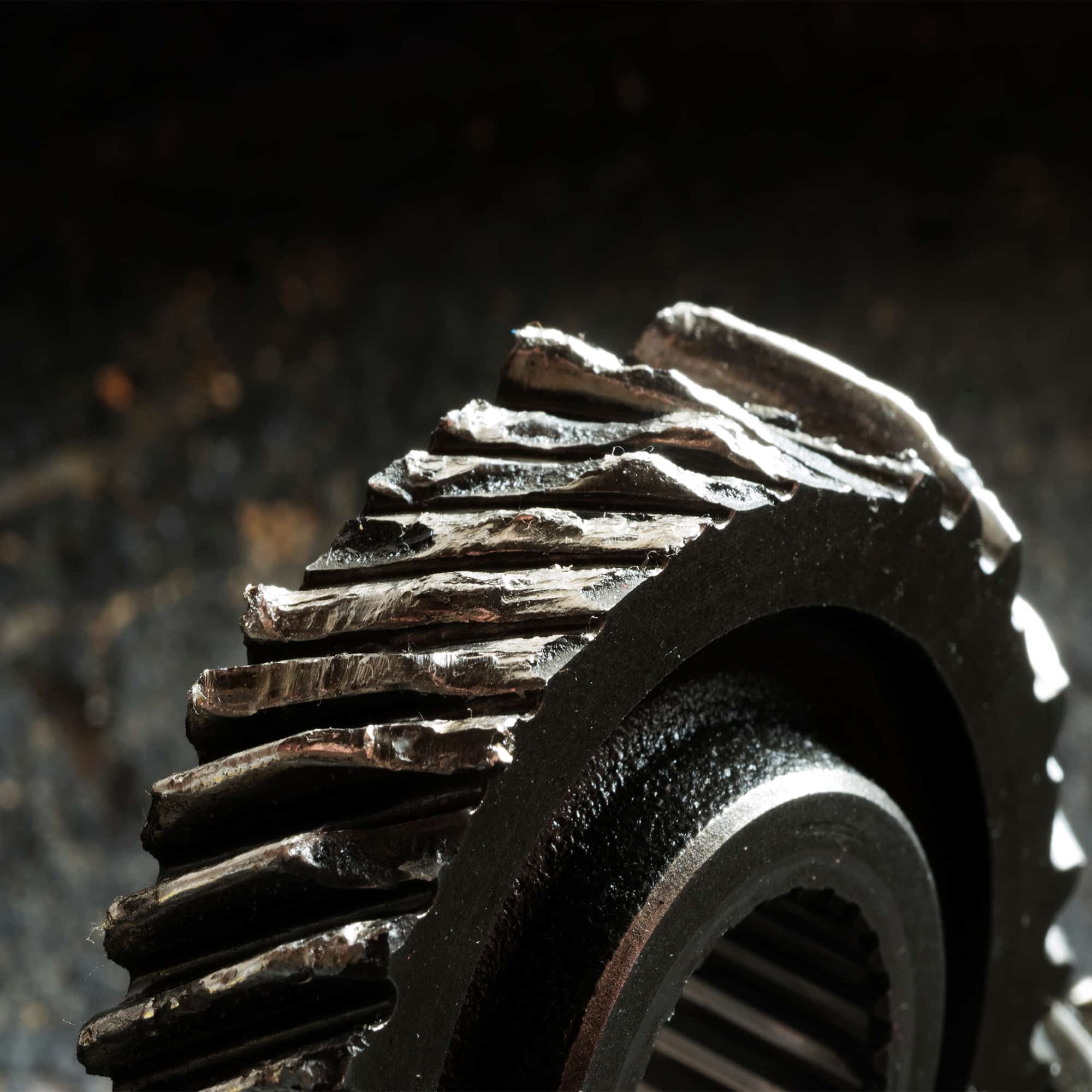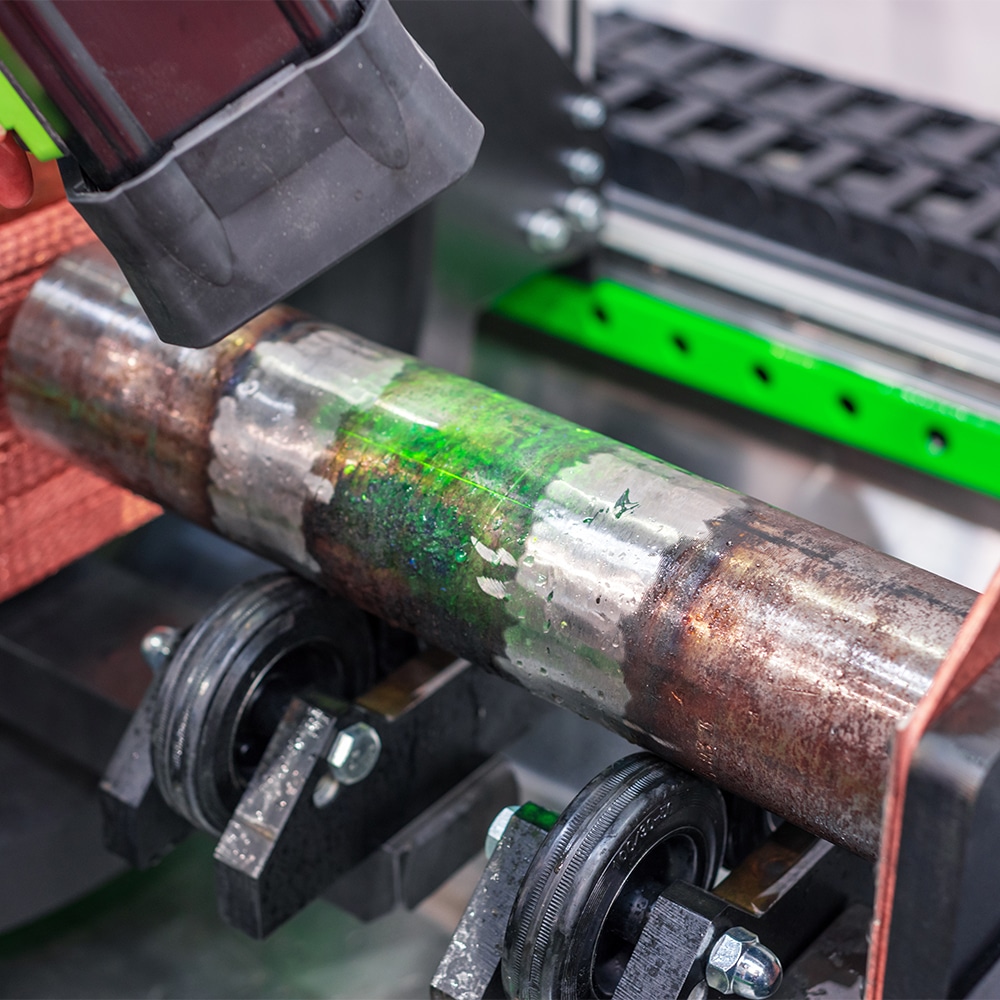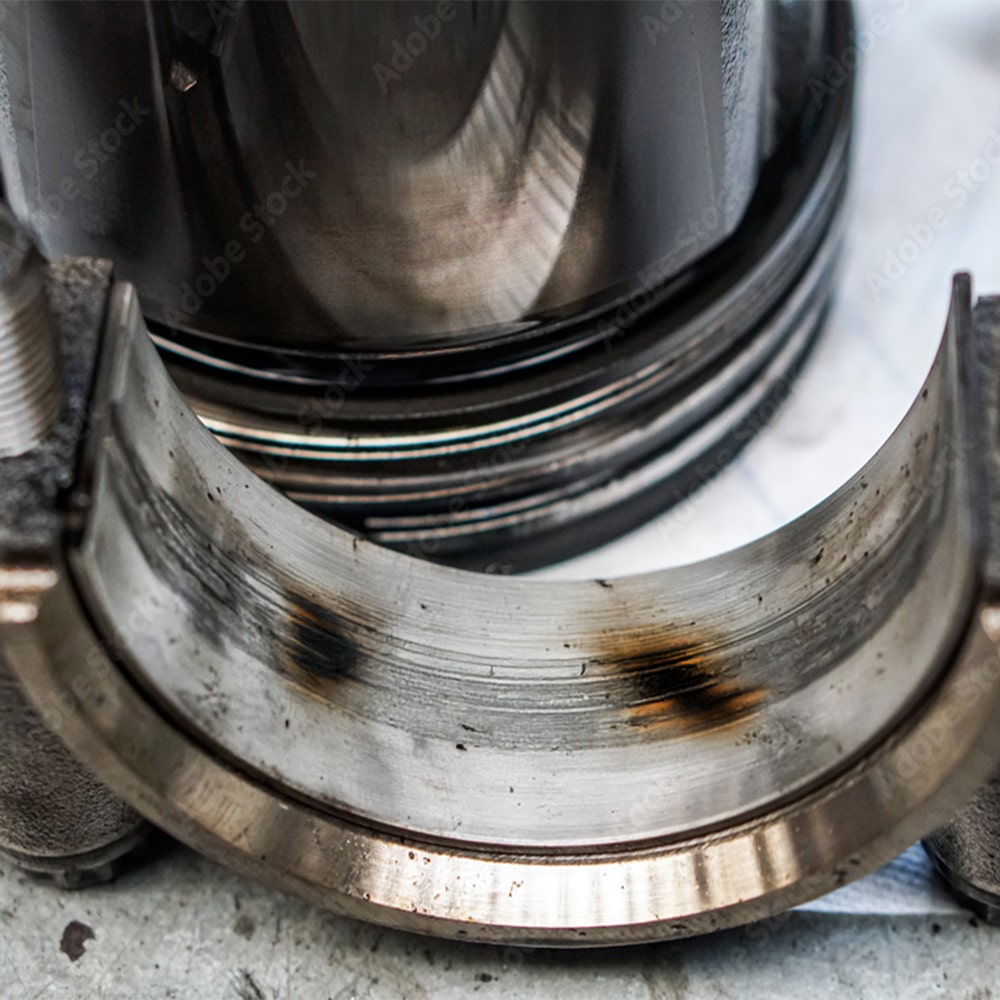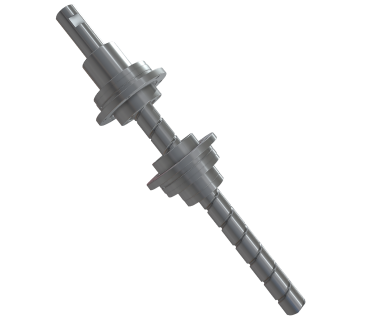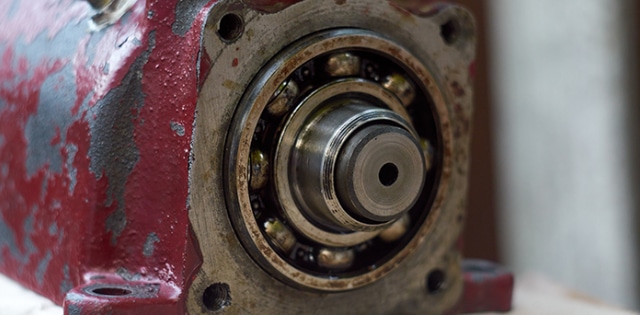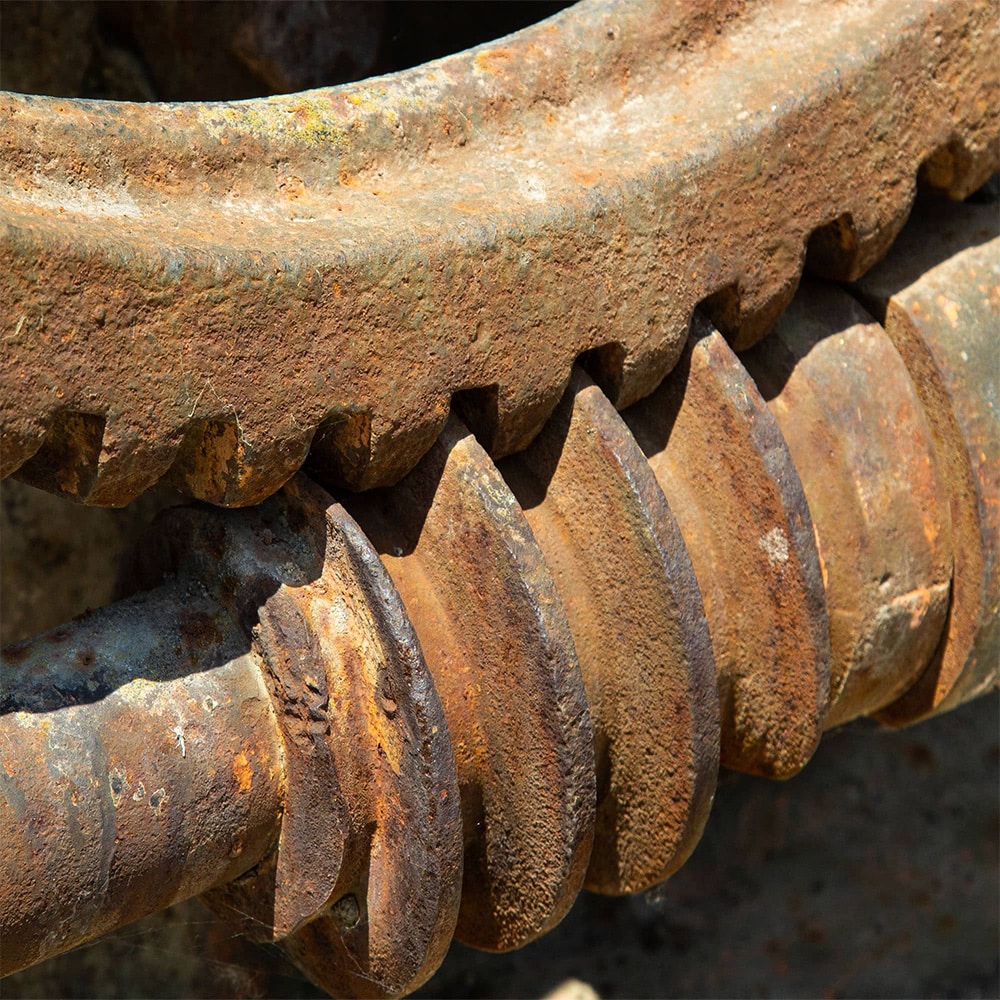Yes — selecting incompatible metal combinations can accelerate both fretting wear and galvanic corrosion, leading to surface damage and material loss in pairings like these:
- Aluminum with Copper or Brass: Aluminum is anodic to copper, making it highly prone to corrosion when combined under vibration or mechanical load.
- Steel with Zinc or Galvanized Components: The zinc layer breaks down quickly when paired with steel under cyclic motion.
- Stainless Steel with Carbon Steel: Micromotions between these metals can trigger fretting corrosion, especially in moist or loaded joints.
- Magnesium with Other Metals: Magnesium’s extreme anodic nature makes it highly vulnerable when contacting dissimilar metals under friction.
- Steel with Bronze or Brass: Repeated micro-movement in these pairings encourages fretting wear and galvanic reactions.
Prevention tips for fretting and corrosion in mixed metals:
- Use compatible metals with similar electrochemical properties.
- Apply hard surface coatings or platings to reduce friction and isolate contact.
- Use vibration dampers, lubricants, or flexible joints to limit micro-movement.
Avoid incompatible metal pairings, particularly in parts exposed to vibration or load, to reduce the risk of fretting and corrosion.
